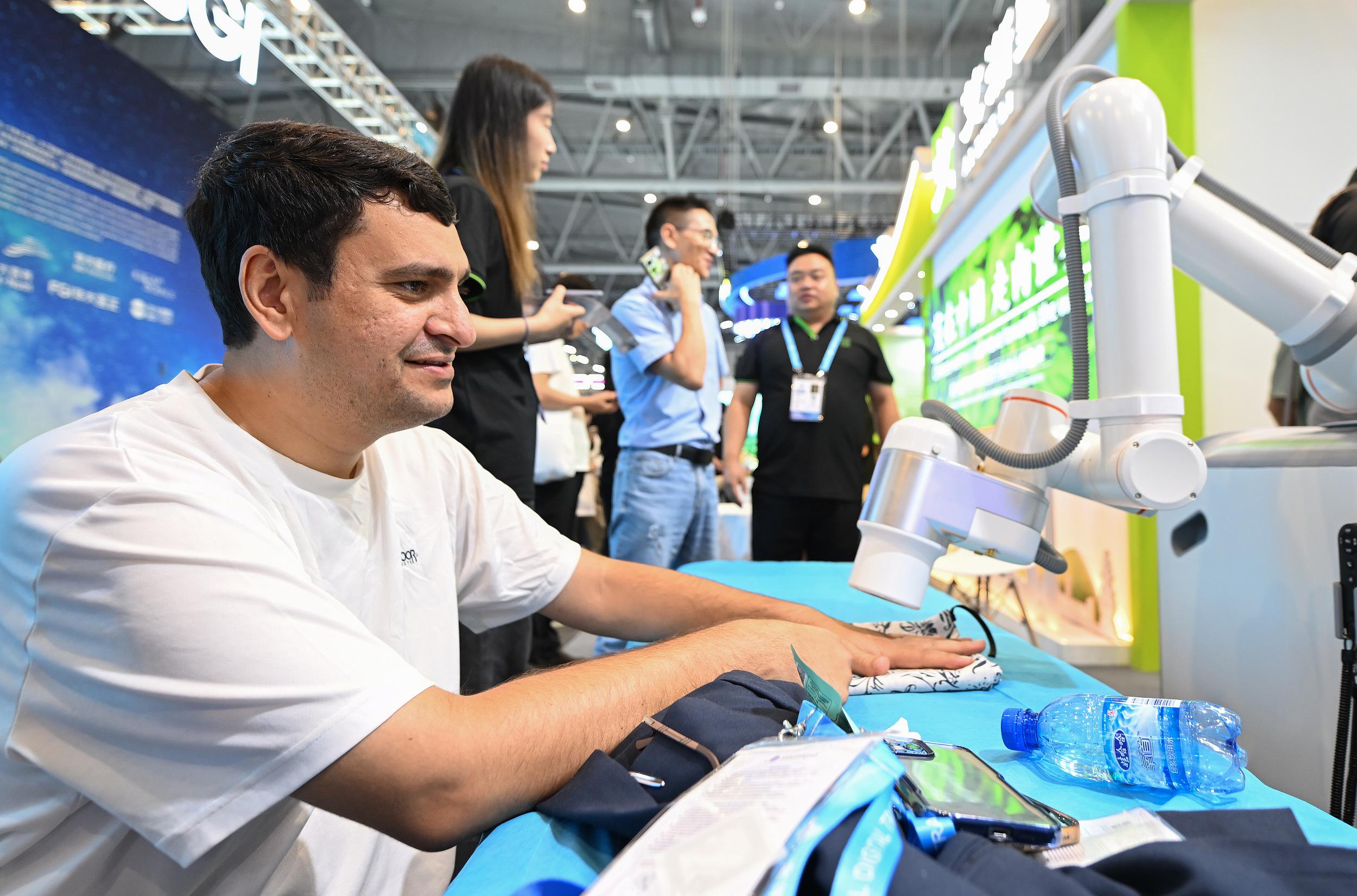'Small Yard, High Fence': Blocking Sci-Tech Progress

Although sci-tech development empowers all sectors and provides great convenience and opportunities to humanity, it also brings new challenges to global peace and security, said Fu Cong, China's permanent representative to the United Nations. Fu made the remarks at the UN Security Council's briefing on exploring the double-edged nature of rapid technological advancements, held on October 21.
Robin Geiss, director of the UN Institute for Disarmament Research, echoed Fu's view. While it took nearly 50 years for the 1880s electric grid to reach 100 million homes, ChatGPT achieved the same milestone in just two months in 2022, according to Geiss.
The pace of scientific developments across fields like advanced robotics, 3D printing, and generative AI is so fast that risks to global peace and security are higher than ever.
This gives access to some countries to generalize the concept of national security, and under the guise of preventing risks, suppressing the high-tech companies of others and advocating the so-called "decoupling" and "breaking the chain."
The U.S. and its allies have also organized various "small circles" to specifically exclude other countries and build the so-called "small yard and high walls." This concept involves placing stringent barriers on select technologies, while maintaining normal economic trade in other areas. Meanwhile, their real intention is to solidify their own technological monopoly and impede the development of other countries.
Worse still, the construction of these "small yards with high walls" has disrupted the industrial and supply chains, widened the development gap, and stagnated scientific and technological progress.
Such artificial divisions are more harmful to global peace and security, and may eventually lead the world into the abyss of confrontation, according to Fu.
The U.S.-China tech conflict has picked up steam in recent years. There are more and more curbs on Chinese chips, NEVs, and other imports, not to mention the ever-increasing tariffs to combat Chinese technological advancement.
However, "small yard and high walls" cannot stop China's independent innovation. Faced with the containment and suppression of the U.S., Chinese companies have increased their R&D investment, deepened independent innovation, broken through technological bottlenecks, and made major breakthroughs in operating systems, 5G, AI and other fields, becoming leading companies in the global science and technology field.
Strong bipartisan support in Washington for further sanctions on China will continue no matter who becomes the next U.S. president, Derek Scissors, resident scholar at the American Enterprise Institute based in Washington, told EE Times.
The latest report from Reuters also suggested that the battle to keep U.S. money and technology from boosting China's high-tech capabilities is bound to escalate under either Harris or Trump.
Protectionism may temporarily protect domestic industries, but in the long run, it is self-limiting and impedes opportunities for broader exchanges and cooperation. The U.S. "small yard and high wall" policy against China, tries to maintain its technological hegemony through trade barriers and technological blockades, which not only harms the interests of Chinese and American companies, but also affects global scientific and technological innovation.
Only fair competition and open cooperation can achieve real innovation. Scientific and technological innovation is a common cause of all humankind. As the two largest economies and technological powers in the world, the U.S. and China should optimise their respective advantages, strengthen sci-tech cooperation, share scientific research resources, and jointly promote global scientific and technological progress.






